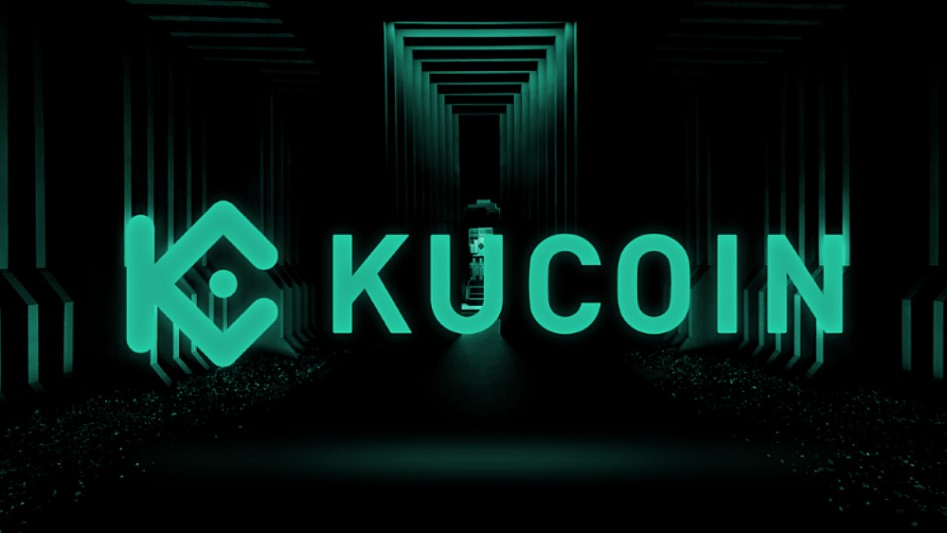KuCoin Plants Its Flag in Bangkok With a Licensed Thai Exchange
14.06.2025 13:00 1 min. read Alexander Stefanov
KuCoin has gone from serving Thailand’s traders remotely to operating on their home turf.
The global exchange quietly purchased ERX Company—the country’s first SEC-approved token marketplace—rebranded it “KuCoin Thailand,” and secured full registration with the Ministry of Commerce. That single move hands KuCoin a coveted Thai SEC license, giving it the same legal footing as local incumbents like Bitkub, Upbit, and Gulf Binance.
The new platform already supports spot pairs and a direct Thai-baht on- and off-ramp. Chief executive BC Wong says more products will appear only “as regulations and demand allow,” noting that Thailand’s transparent rulebook, growth outlook, and pro-crypto tourism plans made it the ideal beachhead for Southeast Asia expansion.
KuCoin also trumpets fresh SOC 2 Type II and ISO 27001 certifications—credentials it hopes will reassure regulators and users alike. All former ERX customers have been migrated to the revamped site, while tourists may soon find crypto card payments on offer if government proposals move forward.
With eight licensed rivals already vying for Thai traders, KuCoin’s bet hinges on one advantage: it can bring global liquidity into a market that increasingly insists on local compliance.
-
1
Binance CEO Issues Urgent Crypto Security Reminder
09.07.2025 17:30 2 min. read -
2
Top 7 Crypto Project Updates This Week
19.07.2025 18:15 3 min. read -
3
BlackRock Moves to Add Staking to iShares Ethereum ETF Following SEC Greenlight
18.07.2025 9:00 1 min. read -
4
EU Risks Falling Behind in Digital Finance, Warns Former ECB Board Member
06.07.2025 13:00 2 min. read -
5
Pump.fun Raises $600M in Record-Breaking PUMP Token Sale
13.07.2025 9:30 2 min. read
Visa Settles $200M in Stablecoin Transactions, Eyes Long-term Potential
Visa reported over $200 million in stablecoin settlements during Q2 2025, a milestone in its growing commitment to digital asset infrastructure.
Bank of Korea Launches New Division to Oversee Crypto and Stablecoin Developments
The Bank of Korea (BOK) has taken a significant step toward deepening its involvement in the digital asset ecosystem by establishing a dedicated virtual asset division, according to a report from local media outlet News1.
JPMorgan: Coinbase Could Gain $60B From USDC-Circle Ecosystem
A new report from JPMorgan is shedding light on the staggering upside potential of Coinbase’s partnership with Circle and its deep exposure to the USDC stablecoin.
5 Major US Events and How They Can Shape Crypto Market in The Next Days
The week ahead is shaping up to be one of the most pivotal for global markets in months. With five major U.S. economic events scheduled between July 30 and August 1, volatility is almost guaranteed—and the crypto market is bracing for impact.
-
1
Binance CEO Issues Urgent Crypto Security Reminder
09.07.2025 17:30 2 min. read -
2
Top 7 Crypto Project Updates This Week
19.07.2025 18:15 3 min. read -
3
BlackRock Moves to Add Staking to iShares Ethereum ETF Following SEC Greenlight
18.07.2025 9:00 1 min. read -
4
EU Risks Falling Behind in Digital Finance, Warns Former ECB Board Member
06.07.2025 13:00 2 min. read -
5
Pump.fun Raises $600M in Record-Breaking PUMP Token Sale
13.07.2025 9:30 2 min. read


